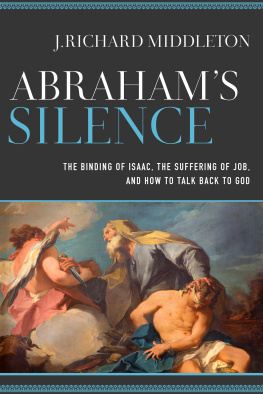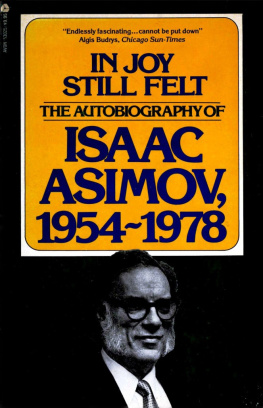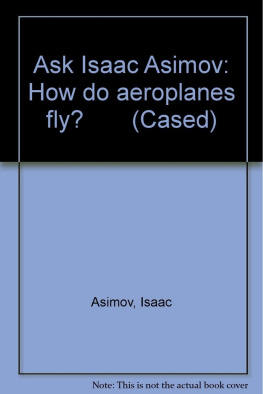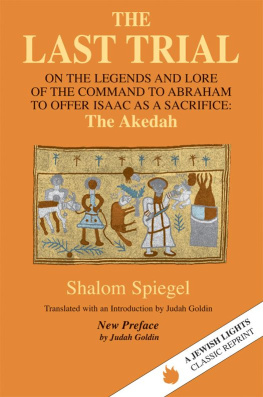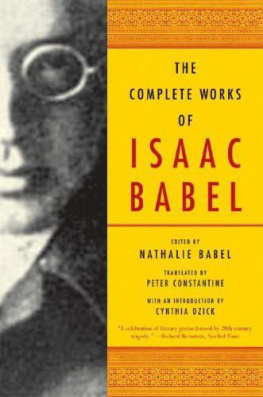Endorsements
Drawing from a broad range of biblical, Jewish, and Christian traditions, Middleton argues in compelling fashion that Abrahams silence in Genesis 22 was a failure. In so doing, Middleton more broadly makes the case for lament as an integral practice of faith in a God who welcomes chutzpah rather than blind obedience. Whether you agree or not, you will not read the Aqedah story in the same way. Or Job and the Psalms.
William P. Brown , Columbia Theological Seminary
Ecclesiastes 3 famously says there is a time for everything, including a time to keep silence, and a time to speak (3:7). In this book, Middleton invites us to ponder the silence of Abraham before God and the words of Job and other voices of protest and lament. From Middleton you can always expect penetrating exegetical insight, but the deeper value here is his case for bold and vigorous prayer in the face of suffering and pain. Middletons rich blend of breadth and depth makes for engaging and transformative reading.
Nijay Gupta , Northern Seminary
Generations of theologians, commentators, philosophers, writers, and artistsboth Jews and Christiansstruggled and are still struggling with the most puzzling and horrifying stories: the binding of Isaac (the Akedah), who is meant to be offered as a burnt offering by his father, and the suffering of Job, the blameless and upright, one who feared God and turned away from evil. Abrahams Silence is a stimulating and important contribution to the ongoing study of these incredible biblical texts where God tests his most faithful servants. The author straightforwardly discusses various theological, exegetical, and rhetorical issues in these Scriptures and sheds a fresh light on them.
Isaac Kalimi , member ordinarius, Academia Europaea: The Pan-European Academy of Sciences, Humanities & Letters
What do you say to God when bad things happen? In this fascinating and insightful study of Abraham and Job, Middleton invites us to reconsider what God desires from those who are suffering. Beware! This book will change the way you think about God and transform your spiritual life. A must-read for every student of Scripture.
Amanda W. Benckhuysen , director of Safe Church Ministry, Christian Reformed Church
Middleton brings together penetrating analysis of biblical texts, keen theological insight, and remarkable clarity of presentation. Middleton is not afraid to ask difficult, painful questionsabout God, about Abraham, and about what a life of faith should look like. Whether you agree with his arguments or not, you will undoubtedly learn and grow from this provocative book.
Shai Held , author of The Heart of Torah
Long ago The Preacher concluded, There is a time to keep silence, and a time to speak (Eccles. 3:7). Now Middleton, in the wake of the preacher, wades boldly into the enigma of silence and speech. He ponders the demanding speech addressed to God by Moses, the prophets, and most especially by Job. But then he turns to Abrahams stunning silence before God concerning the near-sacrifice of Isaac, the son whom Abraham loves. Middleton judges that Abrahams silence means that Abraham has not fully probed Gods mercy, but settles for a God less than fully merciful. Middletons indictment of Abraham is a daring judgment that collides with the usual practice of the piety and prayer of the faithful, both Jews and Christians, and with the judgment of our foremost interpreters. This is interpretation at its most daring and at its best.
Walter Brueggemann , Columbia Theological Seminary (emeritus)
Title Page
Copyright Page
2021 by J. Richard Middleton
Published by Baker Academic
a division of Baker Publishing Group
PO Box 6287, Grand Rapids, MI 49516-6287
www.bakeracademic.com
Ebook edition created 2021
All rights reserved. No part of this publication may be reproduced, stored in a retrieval system, or transmitted in any form or by any meansfor example, electronic, photocopy, recordingwithout the prior written permission of the publisher. The only exception is brief quotations in printed reviews.
Library of Congress Cataloging-in-Publication Data is on file at the Library of Congress, Washington, DC.
ISBN 978-1-4934-3088-8
Unless otherwise indicated, Scripture quotations are from the New Revised Standard Version of the Bible, copyright 1989 National Council of the Churches of Christ in the United States of America. Used by permission. All rights reserved.
Scripture quotations labeled KJV are from the King James Version of the Bible.
Scripture quotations labeled NIV are from THE HOLY BIBLE, NEW INTERNATIONAL VERSION, NIV Copyright 1973, 1978, 1984, 2011 by Biblica, Inc. Used by permission. All rights reserved worldwide.
Chapter 1 has been expanded from an article originally published as J. Richard Middleton, Voices from the Ragged Edge: How the Psalms Can Help Us Process Pain, Canadian Theological Society Newsletter/Communiqu de la socit thologique canadienne 14, no. 1 (November 1994): 47. Used by permission.
Quotations from These Plastic Halos used by permission. Words and music by Mark Heard 1988 Curb Word Music (ASCAP). All rights administered by WC Music Corp. WC Music Corp. 100% On behalf of Curb Word Music.
Baker Publishing Group publications use paper produced from sustainable forestry practices and post-consumer waste whenever possible.
Dedication
For David Biberstein
and Werner E. Lemke (19332010)
Contents
Endorsements
Title Page
Copyright Page
Dedication
Acknowledgments
Abbreviations
Introduction: Does Abrahams Silence Matter?
Part 1: Models of Vigorous Prayer in the Bible
1. Voices from the Ragged Edge
2. Gods Loyal Opposition
Part 2: Making Sense of the Book of Job
3. The Question of Appropriate Speech
4. Does God Come to Bury Job or to Praise Him?
Part 3: Unbinding the Aqedah from the Straitjacket of Tradition
5. Is It Permissible to Criticize Abraham or God?
6. Reading Rhetorical Signals in the Aqedah and Job
7. Did Abraham Pass the Test?
Conclusion: The Gritty Spirituality of Lament
Scripture Index
Subject Index
Back Cover
Acknowledgments
No book is an island, and every author is indebted to many others who helped shape their views and who paved the way for their writing.
I begin with thanks for those who first opened up the Scriptures for me when I was an undergraduate student at Jamaica Theological SeminaryDavid Biberstein, Roger Ringenberg, Neil McFarlane (19462019), and Zenas Gerig (19272011). I am profoundly grateful to each of these faithful teachers for whetting my appetite for lifelong, in-depth study of the Bible.
Werner E. Lemke (19332010) and Darryl Lance inducted me into graduate-level work in Old Testament at Colgate Rochester Divinity School. Their insight into the Scriptures was amazing, and I am grateful especially to Lemke for introducing me to the psalms of lament and their role in addressing human suffering.
There are other Old Testament scholars with whom I never studied, yet who have been significant teachers for me, either through their writings or through knowing them personally (or both). Those who have impacted me most are Walter Brueggemann, Terence Fretheim, J. Gerald Janzen, and William P. Brown.
I am honored also by the many people who invited me to present portions of this work in progress. The opportunity to share my developing thoughts, and receive intelligent feedback, has been one of the joys of working on the material for this book.
John Garner hosted my first-ever presentation on the lament psalms at Harbour Fellowship Church, St. Catharines, ON (1993). For his encouragement and for coming up with the creative title Voices from the Ragged Edge, he deserves a special note of gratitude.

